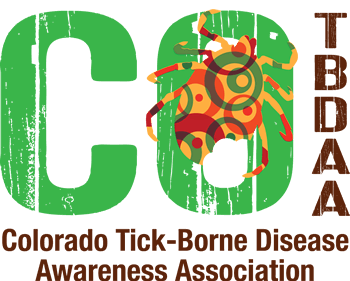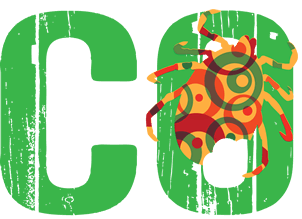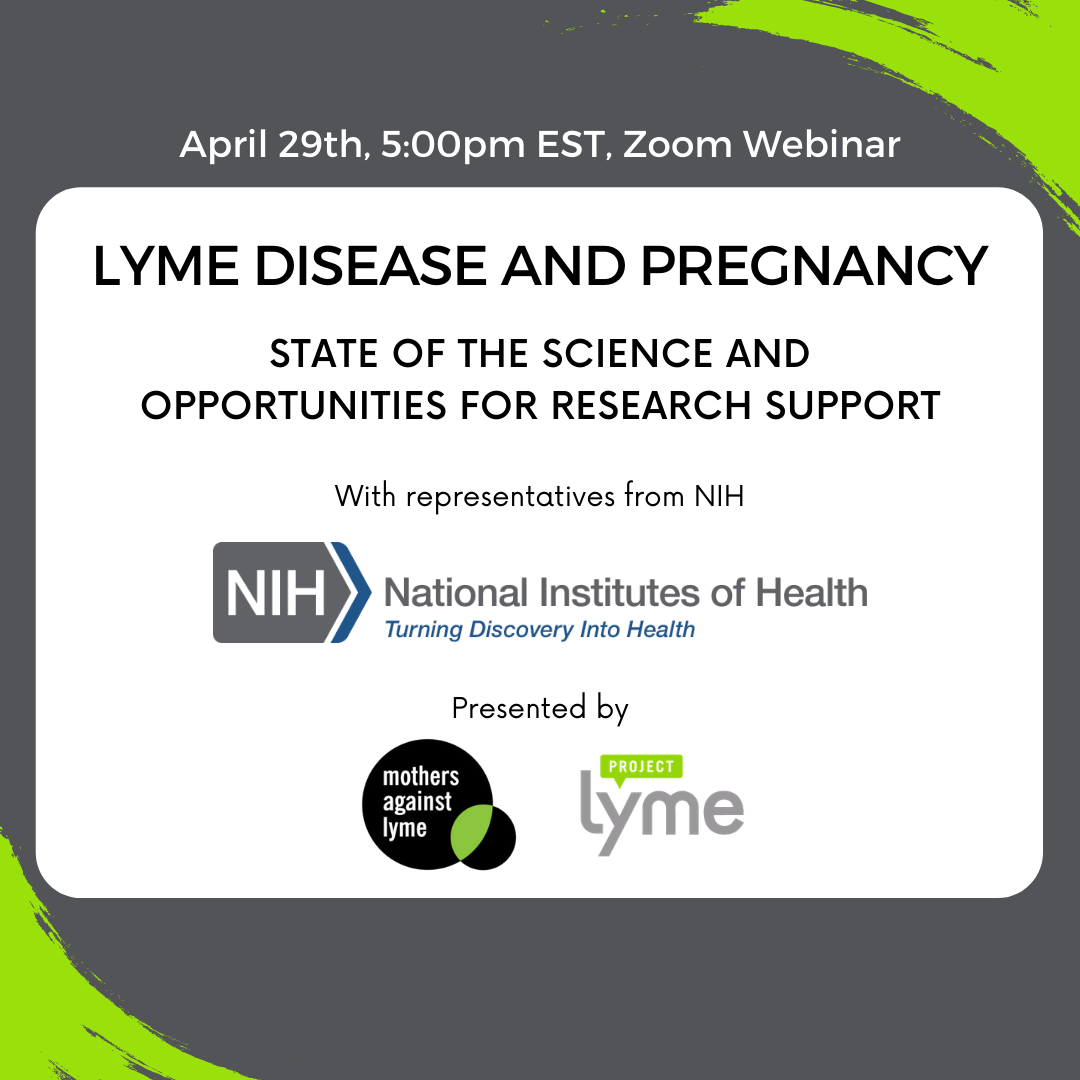Mothers Against Lyme & Project Lyme present an interactive webinar with research program officers from the NIH
About this Event
Lyme disease infects nearly half million men, women, and children across the U.S. each year. The third most prevalent infectious disease (behind Chlamydia and Gonorrhea, both STD’s), Lyme disease saddles a large percentage of its victims with lingering symptoms, diminishing their health, well-being, and quality of life. When the disease strikes children, it is especially heartbreaking, as little ones suffer early in life, never experiencing a life without the pain of disease. While it is widely accepted that Lyme disease is spread by a tick bite, it is less well known that the agent of Lyme disease, Borrelia burgdorferi, can cross the placenta, both infecting, and causing harm to, unborn children.
In partnership with the National Institutes of Health to encourage new research in the field of tick-borne illness, this webinar will provide researchers the opportunity to learn about the application process and seek guidance from NIH program officers. Don’t miss this opportunity to learn how to gain access to newly available funds from the Federal government.
Lyme Disease and Pregnancy: State of the Science and Opportunities for Research Support
Agenda
1. Lyme Disease and Pregnancy: Why Research is Urgently Needed
Isabel Rose, Chair, Mothers Against Lyme and Board Member, Project Lyme
2. Maternal-Fetal Transmission of Lyme Disease: Research Gaps and Opportunities
Sue Faber, RN, BScN and President, LymeHope
3. NIH Research Opportunities for Maternal and Pediatric Infectious Diseases
Nahida Chakhtoura, MD, Maternal and Pediatric Infectious Diseases Program Officer, National Institute of Child Health and Human Development (NICHD)
4. Epidemiology and Pathobiology of Lyme Disease: Implications for Research
Holly Ahern MS, MT(ASCP); Associate Professor of Microbiology, SUNY Adirondack
5. Advancing Research for Tickborne Diseases: Guidance and Resources for Investigators
Maliha Ilias, PhD, Lyme Disease Program Officer, National Institute of Allergy and Infectious Diseases (NIAID)
6. Q&A and Panel Discussion




